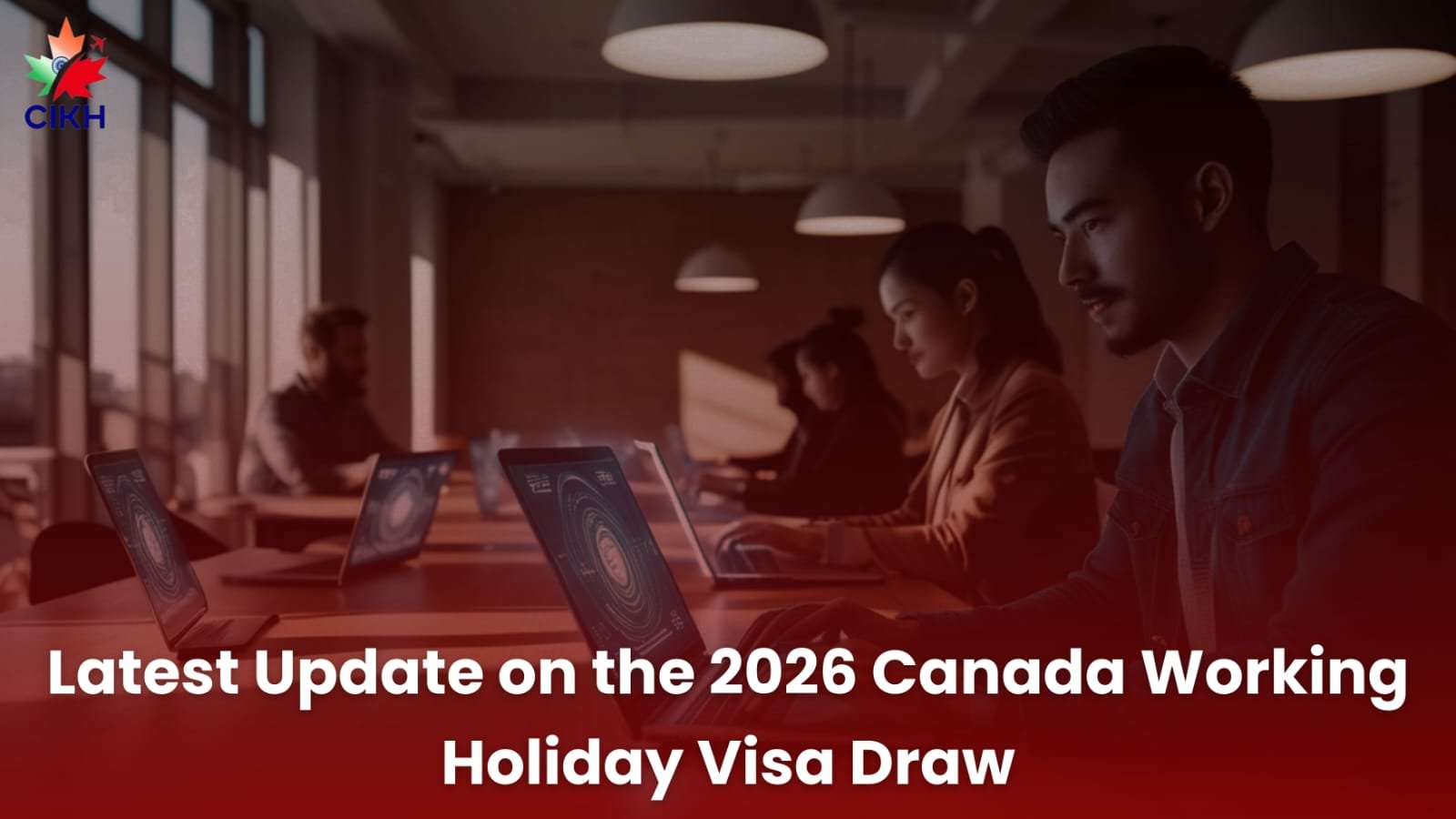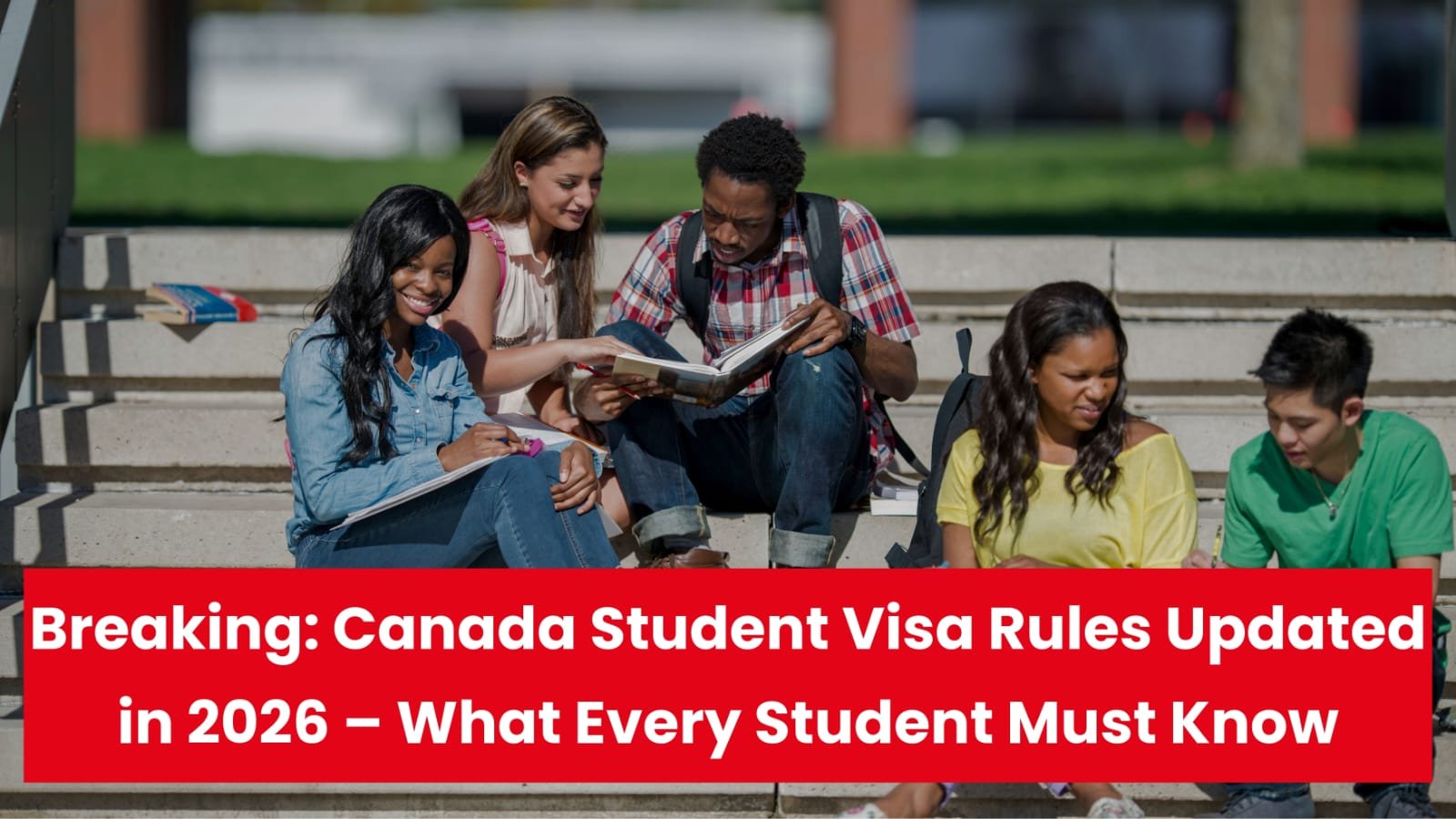This year has brought significant changes that have reshaped the experience of studying in Canada as a foreign student. These changes emphasize a crucial point: permanent residence (PR) is not guaranteed for international students and graduates in Canada.
While Canada offers several pathways for international graduates to work and potentially settle permanently, this outcome is not assured, particularly considering the country’s immigration priorities.
Why is Permanent Residence Not Guaranteed for International Students?
International students who graduate from a Designated Learning Institution (DLI) in Canada face several hurdles before achieving PR status, even if they are strong candidates.
1. Work Experience Requirement: Graduates often need to gain work experience to become eligible for many economic PR programs. This usually involves obtaining a Post Graduation Work Permit (PGWP), allowing them to work for most employers in most industries across Canada. PGWPs are generally issued in accordance with the length of the student’s study program, but changes to this program may be forthcoming.
2. Applying for PR: Once eligible, graduates must apply to a relevant PR program. Many international graduates apply to the Canadian Experience Class (CEC) program within the Express Entry system, designed for those with Canadian education and work experience. Other routes include Provincial Nominee Programs (PNPs) in their province or territory, some of which specifically target international graduates.
Challenges in the PR Process
The transition to PR can involve long wait times and is influenced by Canada’s labour market and demographic needs. For instance, the Express Entry system now includes category-based selections, prioritizing candidates with French language skills and/or experience in one of five in-demand sectors. This system allows the federal immigration system to prioritize these candidates over those with higher Comprehensive Ranking System (CRS) scores. Similar dynamics exist in various PNP streams, where candidates with sought-after professional experience, demographic traits, or family connections in the province/territory may receive PR status over those with high ranking scores.
International graduates are also limited by the length of their PGWP. If they do not obtain PR within the validity period of their PGWP and cannot secure new temporary residence status, they must leave Canada. Although their Express Entry profile remains valid if they still meet eligibility criteria, this presents another challenge for those wishing to stay in Canada.
Maximizing Chances for PR
Despite these challenges, international graduates of Canadian DLIs remain strong candidates for Canadian immigration. To enhance their eligibility for PR, international students should focus on gaining in-demand professional experience and improving their language abilities valued by the government.
Under the Express Entry category-based selection, candidates in the following categories can be prioritized for PR, with less emphasis on their CRS score:
- Healthcare professionals
- STEM professionals
- Trades professionals
- Transport professionals
- Agriculture and Agri-Food professionals
- Individuals with a Canadian Language Benchmark (CLB) level of 7 in all aspects of French
International graduates should aim to maximize their eligibility under these categories to improve their chances of receiving PR.
Additionally, graduates should explore local provincial programs that target international graduates. Examples of such programs include:
Alberta:
- Graduate Entrepreneur stream
- Foreign Graduate Entrepreneur stream
- Alberta Opportunity stream
British Columbia:
- International Graduate category
- International Post-Graduate category
Manitoba:
- Manitoba Work Experience pathway
- Employer Direct Recruitment pathway
- International Education stream
- Graduate Internship pathway
Newfoundland and Labrador:
- International Graduate category
- International Graduate Entrepreneur category
Nova Scotia:
- International Graduate In-demand stream
- International Graduate Entrepreneur stream
Ontario:
- Human Capital category
- Master’s or PhD category
- Employer Job Offer category
Saskatchewan:
- Saskatchewan Experience category—Student sub-category
- International Graduate Entrepreneur category
By strategically aligning their qualifications with these programs, international students can improve their chances of obtaining permanent residence in Canada.





